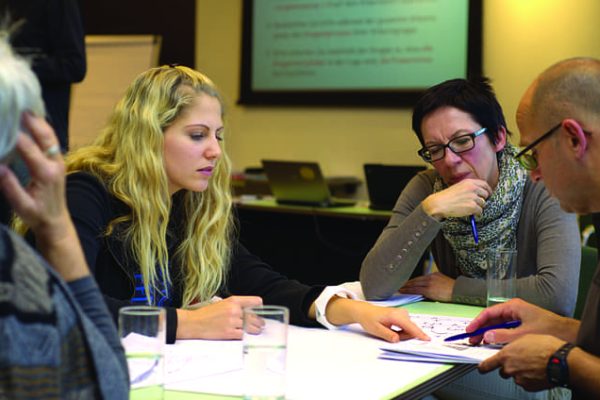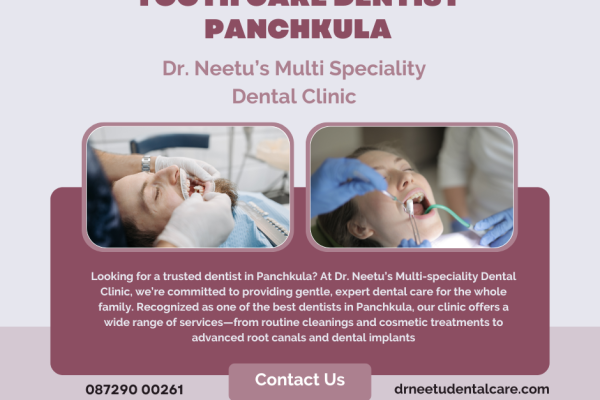Nurses are needed everywhere in the world. If you’re a registered nurse and dream of living in a new country, your skills can take you there. From city hospitals to remote clinics, nurses make a real difference every day. And yes, you can use your nursing license to work abroad—if you follow the right steps. Let’s explore how and why nurses go international.
What Does a Registered Nurse Do Abroad?
When you work as a nurse in another country, your role may look a lot like your job at home—but with a twist. You still care for patients, give medicine, help in surgeries, and support doctors. However, you may also need to learn new healthcare systems, adapt to different hospital tools, and follow new regulations.
In some countries, nurses have more independence. You might work in rural areas where you’re the main provider. In others, you may be part of a big medical team. You’ll often need to know the local language or at least basic phrases.
International nurses also help with health education. You may teach families about hygiene, disease prevention, or nutrition. Many programs send nurses to help with global health efforts like vaccinations, disaster relief, or maternal care. So, the job is meaningful—and always needed.
5 Reasons to Work Internationally as a Registered Nurse?
Nursing is an in-demand and rewarding career with a meaningful impact. Here are the top reasons why you should consider working internationally as a nurse.
-
Make a Global Impact
When you work abroad as a nurse, it gives you the opportunity to change your job and change other people’s lives. Many parts of the world are short on trained healthcare staff, and your skills can make a real difference. Whether you’re helping in rural clinics or city hospitals, your care reaches people who genuinely need it. That’s why nursing is called a profession with purpose; you become part of something much bigger.
-
Build New Skills
Stepping into a different healthcare system teaches you things no classroom can. You’ll learn how to think on your feet, adapt when resources are limited, and communicate across language or culture barriers. These experiences sharpen your clinical skills and shape you into a more confident, well-rounded nurse. Plus, everything you learn abroad will help you grow professionally back home, too.
-
Travel With a Purpose
Seeing new places is always exciting—but living and working in another country is a whole different kind of adventure. Apart from just visiting landmarks, working in a different country lets you connect with people, understand their way of life, and experience a deeper sense of belonging. It’s travel with meaning. You get to explore the world while making a real difference along the way.
-
Grow Your Career
Employers notice nurses who have international experience. It shows you’re flexible, open to challenge, and skilled at working in diverse teams. You’ll likely gain leadership qualities just by navigating new settings and handling unexpected situations. Whether you return home or stay abroad longer, this kind of experience makes your resume stand out in the best way.
-
Earn Competitive Pay
Nursing overseas can be rewarding and lucrative, especially in the Middle East, parts of Europe, and Asia as they offer competitive salary packages for foreign nurses. On top of that, nurses also get housing, health insurance, and even travel allowances. So, while you’re gaining experience, you’re also saving money and securing your future.
How to Work Abroad as a Nurse?
Thinking about taking your nursing career overseas? It’s a great goal—but you’ll need to follow a few steps to make it happen. Here’s how you can go from working locally to caring for patients around the world.
Get a Nursing Degree from an Accredited Program
First things first—you need to be a registered nurse (RN). That means completing a nursing degree from a school that’s officially recognized. In the U.S., look for programs approved by the ACEN or the CCNE.
Most nurses start with an Associate Degree in Nursing or go for a Bachelor of Science in Nursing. If you’re still in school or thinking about switching to nursing, aim for a BSN—it opens more doors internationally.
Pass the NCLEX-RN Exam
Once you graduate, you need to pass the NCLEX-RN examination. This is the main exam that proves you’re ready to practice safely and effectively. Countries like Canada, Australia, and even some in the Middle East accept this U.S.-based test, so it’s worth the effort.
The test covers patient care, safety, infection control, and critical thinking. Passing this exam is one of the biggest steps toward working abroad.
Get 1–2 Years of Nursing Experience
Most countries want nurses who’ve worked in a hospital or clinical setting for at least one or two years. This shows you know how to handle real-life situations and patient care. Some places prefer experience in areas like ICU, med-surg, or emergency care.
If you’re just starting out, get your initial experience in a hospital or clinic first. Such experience will help your license application and boost your chances with international employers.
Choose a Country That Matches Your Goals
Each country has its own healthcare system, language rules, and nurse licensing steps. So, pick a place that fits your lifestyle, language skills, and long-term goals.
Following some popular destinations nurses choose to go to:
- Canada: English or French required. NCLEX is accepted.
- United Kingdom: Apply through the Nursing and Midwifery Council (NMC).
- Australia: Register with the Australian Health Practitioner Regulation Agency (AHPRA).
- New Zealand: Apply via the Nursing Council of New Zealand.
- Germany: You’ll need to pass the B2-level German exam and obtain credential recognition.
- UAE, Saudi Arabia, and Qatar: Great pay and fast-track licenses, especially if you’re already licensed in the U.S., UK, or Canada.
Get Licensed in That Country
You can’t just show up and start working—you’ll need a local nursing license. Although each country has its own process, most of them require the following:
- Your nursing degree and transcript
- Proof of NCLEX or other qualifying exams
- Work experience and reference letters
- Language proficiency (if required)
Take a Language Test If Needed
If you’re going to a country where English or another language is required, you’ll need to prove you can communicate clearly. Being able to communicate clearly helps both your patients and your daily work routine.
Most countries ask for one of these English proficiency tests:
- IELTS Academic: Most countries ask for a 7.0 overall, with no band less than 6.5
- OET: Designed for healthcare professionals; a B grade is often required
- TOEFL iBT: Accepted by some licensing boards
For Germany or Austria, you’ll need to pass a B2-level German language test and sometimes even a C1-level test, depending on the region.
Complete Any Required Transition Programs
Some countries want international nurses to take a short adaptation course or competency assessment program before they can start work. Such courses and programs let you adjust to their healthcare system, policies, and work culture.
Examples include:
- CAP (Competency Assessment Program) in New Zealand
- Adaptation and Assessment Programs for the UK’s NMC
- IRON Program (Initial Registration for Overseas Nurses) in Australia
These are not full degrees but short-term courses, usually lasting 6 to 12 weeks, that make sure you’re ready to work safely and confidently in your new setting.
Apply for a Work Visa or Employer Sponsorship
After you’ve got your license, it’s time to apply for the right visa. In many high-demand areas, employers often sponsor visas for you. Others may require you to apply for a Skilled Worker Visa, Healthcare Visa, or Employer-Sponsored Visa, depending on the country.
Always check with the official immigration website of the country you’re targeting. Avoid third-party “agents” who ask for money upfront—stick to trusted sources or work through a licensed staffing agency.
Find a Job Through a Trusted Source
You can explore jobs by checking with verified agencies, hospital listings, or reliable online job boards. Certain recruiters handle only nursing roles and make the process easier by supporting you with licensing and travel.
Here are a few sources which can help you find suitable jobs:
- Intuitive Health Services: Connects U.S. healthcare professionals to top-paying international jobs
- NHS Jobs (UK)
- Health Match BC (Canada)
- AHPRA Job Boards (Australia)
- Indeed, Glassdoor and LinkedIn – International job listings available by location
Make sure your resume is updated and tailored to the specific country to which you’re applying. Ensure that you always have copies of your documents ready to share.
Prepare to Relocate and Settle In
Once you accept a job, it’s time to prepare for your big move. Sort out housing, insurance, and get a good understanding of how things run in the local healthcare system.
It’s also a good idea to join online groups for expat nurses. They’re great for sharing tips, finding places to live, and learning about job openings in the area. You’ll feel more confident when you know others who’ve been through the same process.
In conclusion, working overseas boosts your personal growth, professional advancement, and gives you a chance to do meaningful work. Whether it’s the adventure, purpose, or better pay that draws you, nursing offers all three. Though this career path requires some effort, with the proper planning and support, you can make it happen.
If you’re just getting started or looking to switch to a more flexible and well-paid role, Intuitive Health Services is here to help. We connect registered nurses to global opportunities that match their skills and goals. If you want to get a registered nurse job in Atascadero, apply with Intuitive Health Services today!








